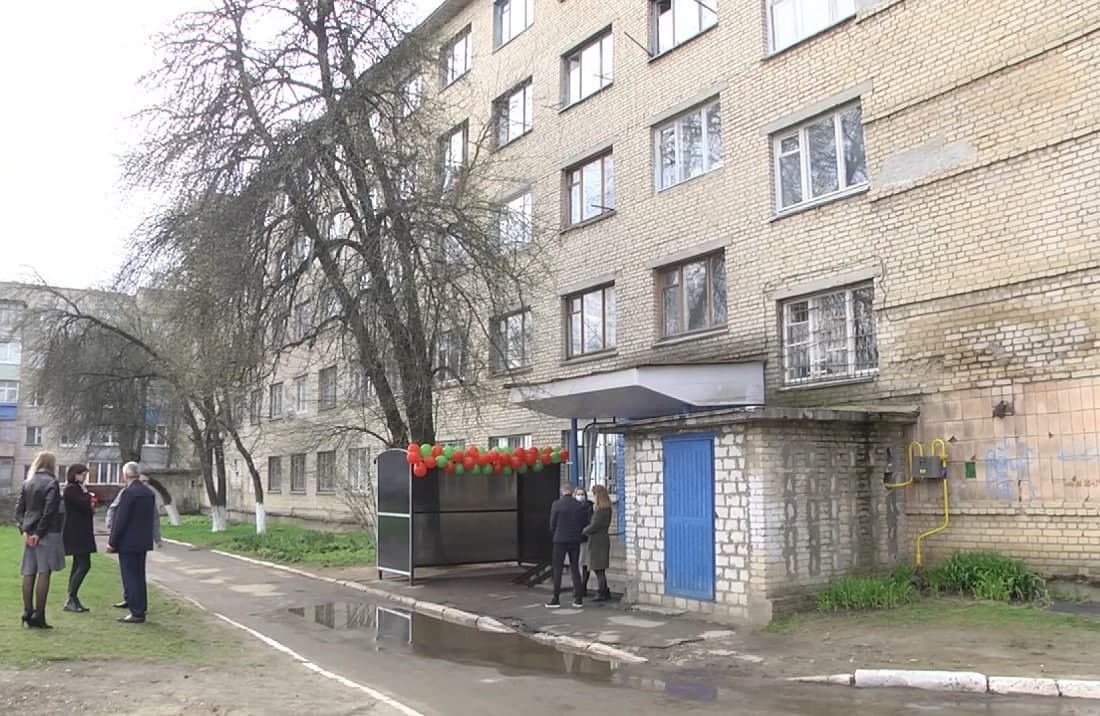The authorities continue to develop their repressive agenda as the outlook of government and private business continues to diverge
 The situation got worse
The situation got worse

The authorities are using the “coup case” and the integration plans of Minsk and Moscow to dominate the news agenda. Legitimate street actions by the opposition have been banned and permission for the traditional “Chernobyl Path” march revoked. The government continues to encourage positive expectations for economic growth, but business and society remains pessimistic.
The “coup case” has not yet resulted in a comprehensive purge of Civil Society organisations and the opposition, but repression remains at a persistently high level.
Ideology is being leveraged to attempt to strengthen the cohesion of the state apparatus around Lukashenka. The Belarusian parliament issued a statement regarding the “coup case.”
The security forces are also trying to ensure the loyalty of the administration by targeted persecution of ex-officials, who have switched sides to Lukashenka’s opponents. The former deputy head of the Mahilou City Executive Committee, who supported Viktar Babaryka’s presidential campaign, is being tried in Chausy for abuse of power and fraud.
The authorities refuse to authorise street actions by the opposition on traditional commemorative dates. The Minsk City Executive Committee refused permission for the “Chernobyl Pth”, just as they previously denied permission for “Freedom Day” celebrations. Permits for other street events are not issued, up to and including single-person pickets.
The government is promoting optimistic economic forecasts based on GDP growth of 0.9% for the first quarter. This will, of course, justify a further increase in the tax burden on small and medium-sized businesses.
However, consumer depression persists, and private businesses continue to go bankrupt. Almost all “Domashniy” [“Corner Shop”] stores have closed, and the owner’s wife and son have been detained as hostages by the authorities to recover debts.
Due to the political crisis, IT specialists continue to relocate abroad at the rate of 3-7%. Inflation is expected to accelerate in the second quarter.
The reduction in funding and quality of governance due to punitive functions assigned to the civil service continues to manifest in accidents related to public infrastructure. Three districts of Minsk suffered problems with water because of the pipe break in the Chyzhouka district of Minsk.
The authorities expect to maintain the current economic policy and gradually reduce social guarantees while ensuring the loyalty of the public sector by firing employees and managers.
Subscribe to our newsletter




Situation in Belarus
Constitutional referendum: main consequences


 Video
Video
How to count the political prisoners: are the new criteria needed?


 Video
Video
Paternalism In Decline, Belarusian Euroscepticism, And The Influence Of Russia


 Video
Video












